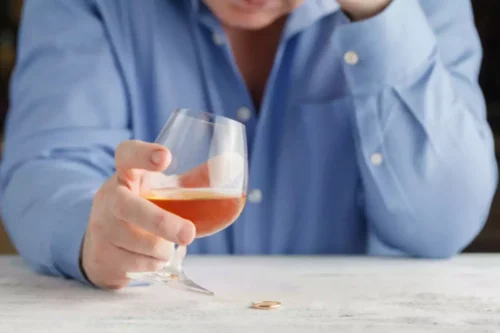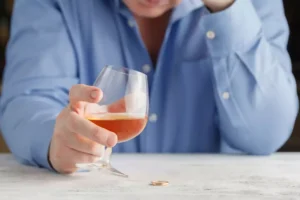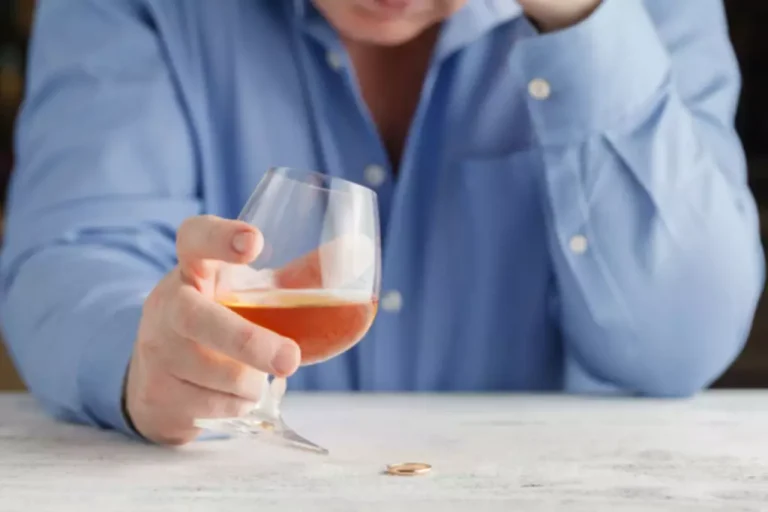

Three medications are currently approved in the United States to help people stop or reduce their drinking and prevent a return to drinking. These medications are prescribed by a primary care provider or other health care provider and may be used alone or in combination with counseling. Residential treatment programs typically include licensed alcohol and drug counselors, social workers, nurses, doctors, and others with expertise and experience in treating alcohol use disorder. Many people with alcohol use disorder hesitate to get treatment because they don’t recognize that they have a problem. An intervention from loved ones can help some people recognize and accept that they need professional help.
Sobriety protects your gains.
- If identified and treated early, someone with an alcohol addiction may be able to avoid major consequences of the disease.
- You will want to understand what will be asked of you in order to decide what treatment best suits your needs.
- This means that you will probably have lost about two pounds.
Some people who’ve been using opioids over a long period of time may need physician-prescribed temporary or long-term drug substitution during treatment. As time passes, you may need larger doses of the drug to get high. As your drug use increases, you may find that it’s increasingly difficult to go without the drug.


There is life after addiction!
It’s possible to develop a better relationship with alcohol and make more mindful, informed choices about drinking without total sobriety. What’s most important is looking at your drinking habits and finding a way to cut back that works for you. But maybe you’re unsure about quitting completely and don’t want to hold yourself to that goal. Maybe you don’t think you depend on alcohol exactly, but you still wonder whether you might be drinking too much. You support for those who struggling with alcohol addiction may also want to see if other family members and friends want to be involved.
- If you do things to save your friend from the consequences of alcoholism, it could take your friend much longer to reach the point where they is willing to seek help.
- Try taking a class, joining a church or a civic group, volunteering, or attending events in your community.
- If (or when) they do, you’ll want to know what options are out there for the treatment of AUDs and what to look for in a treatment provider.
- As your drug use increases, you may find that it’s increasingly difficult to go without the drug.
Health Challenges


It’s important that the person get back on track and resume treatment. Alcohol addiction may involve several different treatment methods. It’s important that each person get involved in a recovery program that will support long-term sobriety. This could mean an emphasis on therapy for someone who is depressed, or inpatient treatment for someone with severe withdrawal symptoms. Here’s some information to help you get ready for your appointment, and what to expect from your health care provider or mental health provider.
For Our Partners


It can also increase your risk for many different types of cancers. Stopping alcohol can reduce many of these risks, potentially adding decades to your life expectancy. Stopping alcohol can seem daunting, especially if you use it frequently or if it is a central part of your social life. Quitting alcohol, however, can offer many different benefits. You can feel better, decrease your risk of diseases, think more clearly, save money and even improve your relationships. While there are some short-term withdrawal effects, the long-term benefits are well worth the effort.
Personalized Medicine


It typically takes eight years or longer to achieve long-term remission even with high quality treatment and medical care. “Things that I thought I would never gain again, through the process of recovery I have them all,” she said. “Today I’m a homeowner, I own a car, I started my own business.” Mable-Jones lost a decade to addiction, entering rehab and relapsing repeatedly.
Make time for self-care
You may notice less heartburn, gassiness, bloating and stomach pain, and your bowel movements may become more normal. “Put your own oxygen mask on first before helping others.” You won’t be able to help your partner if you can’t help yourself. Try to maintain your own self-care routines as much as possible. If your https://ecosoberhouse.com/ friend agrees that they have a problem, but is unsure how to stop drinking, you can help your friend by discussing potential solutions. People walk past an East Harlem health clinic that offers free needles and other services to drug users on in New York.

